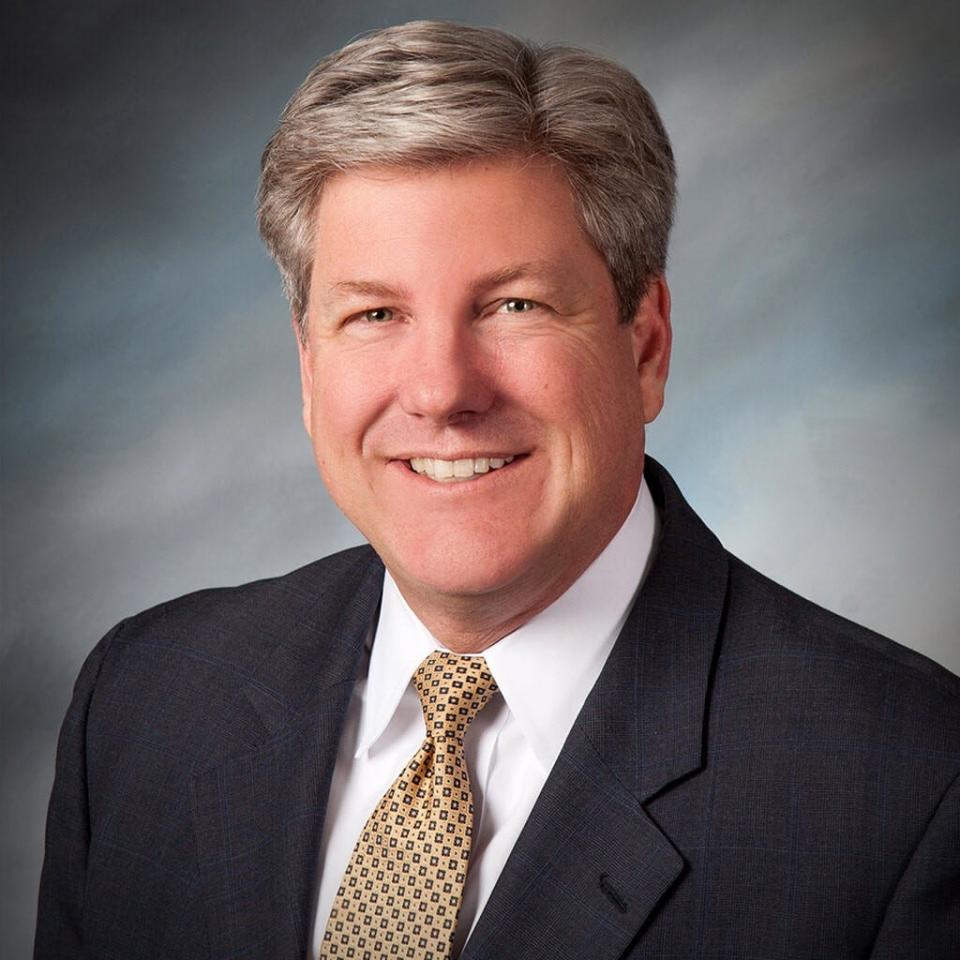Does a Roth conversion make good tax sense? Here's how to decide
Q: It seems that everywhere I look I see articles extolling the virtues of Roth conversions, but I just don’t get why anyone would deliberately pay taxes now when they don’t have to. Are conversions really a good idea? — Tim in Cocoa Beach
A: Tim, whether a conversion makes sense is dependent on one’s circumstances. The tax strategy behind converting to a Roth is that you pay taxes now on the conversion to avoid paying taxes later. So, if you are currently in a lower tax bracket than you think you would be in the future, a conversion can make sense. Conversely, if your tax rate upon conversion is higher than what you expect to be applied in the future, a conversion is a bad move. The bigger the difference between current and future rates, the better (or worse) the outcome.
The question of whether to convert or not is one of confidence. How confident are you that the future marginal tax rate applicable to you will be higher than the rate you pay when you convert? The marginal rate is the rate applied to the taxable income incurred upon conversion.
Assessing the marginal tax rate that would apply on a conversion this year is relatively easy. You should have a good idea of what your total income will be for the year, your filing status, your deductions, and the current tax rates are set.
What gets more complicated is what rate applies in the future. To nail that down perfectly, you would need to know for the year of the future withdrawal how much you would withdraw from the account, how much other income you would have, your filing status, what you would have for deductions and the tax rate schedules that would apply.
More: IRAs, RMDs and charitable donations: How do I sort out this taxing alphabet soup?
More: Business Q&A: Can I convert my required minimum distribution to a Roth IRA?
That last issue, future tax schedules, confuses many. The issue is not just whether you think Congress will raise rates in the future in general. It is whether the marginal rates that apply to your specific future distribution in the year the distribution is made will be higher or lower than the rate paid today on a conversion.
For instance, if you are in the prime of a high-paying occupation, it may be that when you retire you find the marginal tax rate on income to be lower than what it is for you currently, even after an increase in general rates by Congress. Converting in this scenario is not as attractive.
On the other hand, if you are unemployed or recently retired, you may have a lower taxable income now than you would in the future when Social Security, pensions or required minimum distributions from retirement accounts kick in. If that is the case, betting on higher future rates by converting could be a good bet.
However, even these scenarios are somewhat short-sighted. We will all pass away and when we do, applicable marginal tax brackets can change. The “widow’s penalty” is a good example. When a spouse dies, the survivor will file as a single taxpayer the next year and all future years they remain single. The rate schedule for many single filers is less favorable than the schedule for joint filers of similar income levels.

Then there is the transfer to your heirs. If you leave the funds to someone with a high income, converting is doing them a great favor because you paid the tax for them at your lower rate. If you are leaving the funds to a lower income person or a tax-exempt charity, converting may have cost unneeded taxes. Of course, many people have more than one heir in mind so there is more than one future tax rate involved.
The bottom line is there are many potential benefits to converting IRA and retirement account funds to a Roth IRA especially for taxpayers with lower current income levels than are expected in the future. For higher income taxpayers, they may not be as attractive.
Dan Moisand, CFP®, is a past national president of the Financial Planning Association and has been featured as one of America’s top independent fee-only financial planners by at least 10 financial planning publications. For more info, visit www.moisandfitzgerald.com or call him at 321-253-5400, ext. 101.
This article originally appeared on Florida Today: Is a Roth conversion a good move? Let's talk you and taxes

